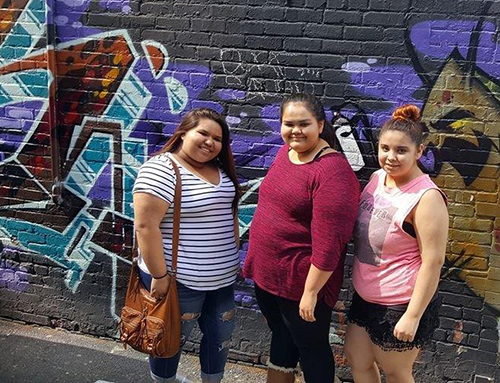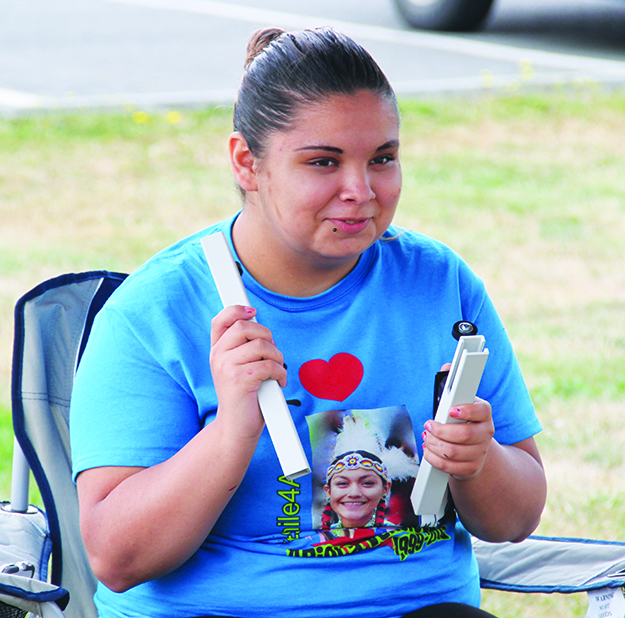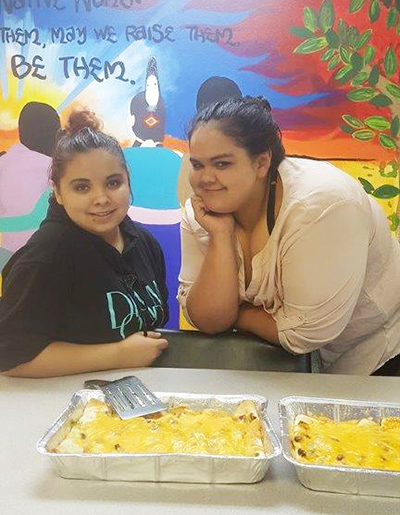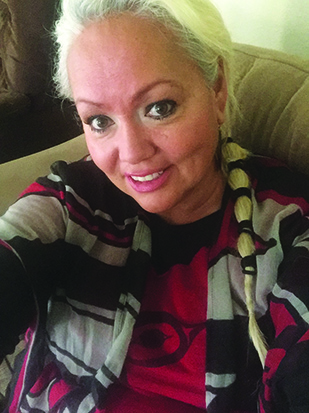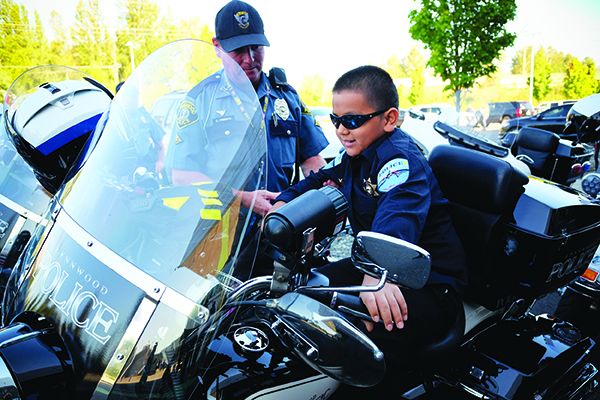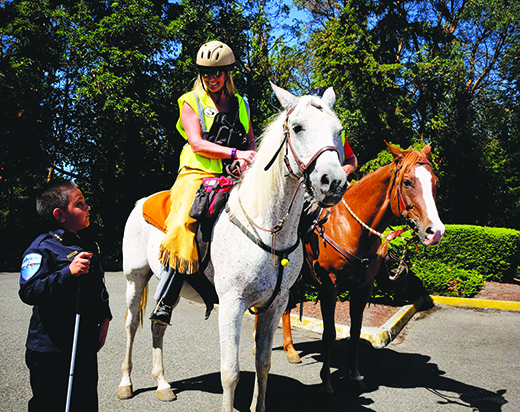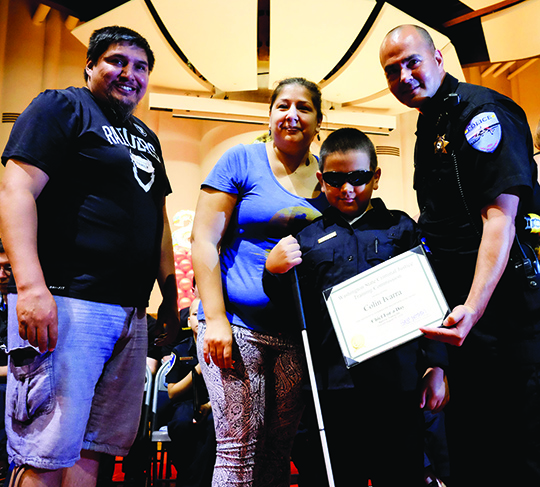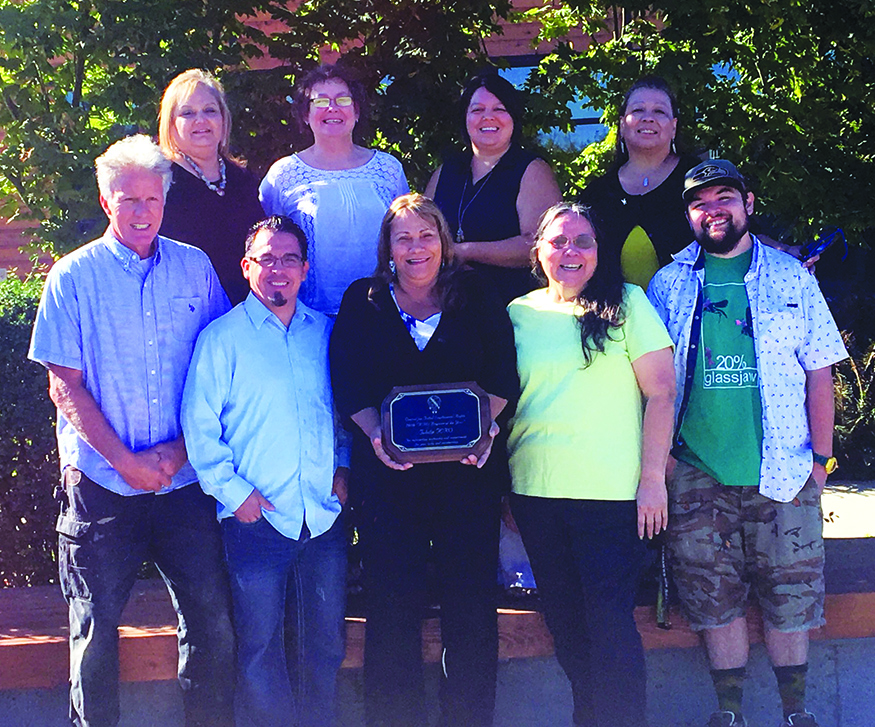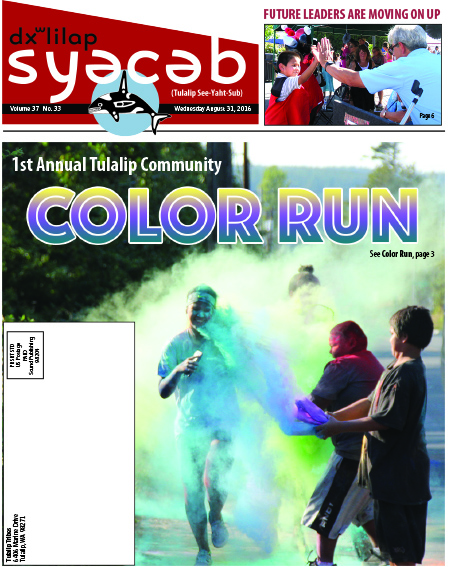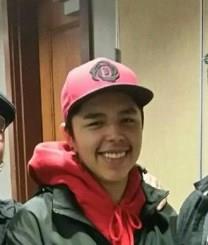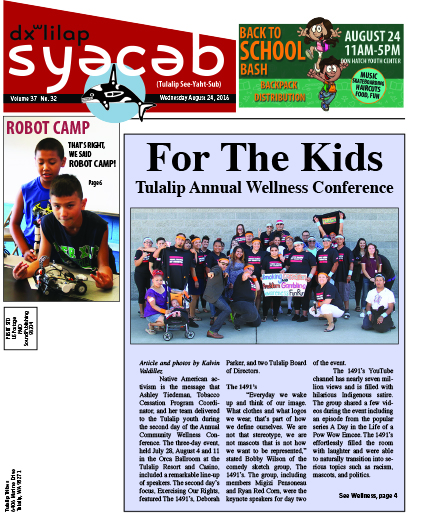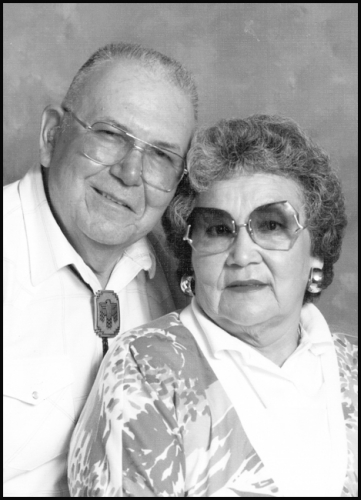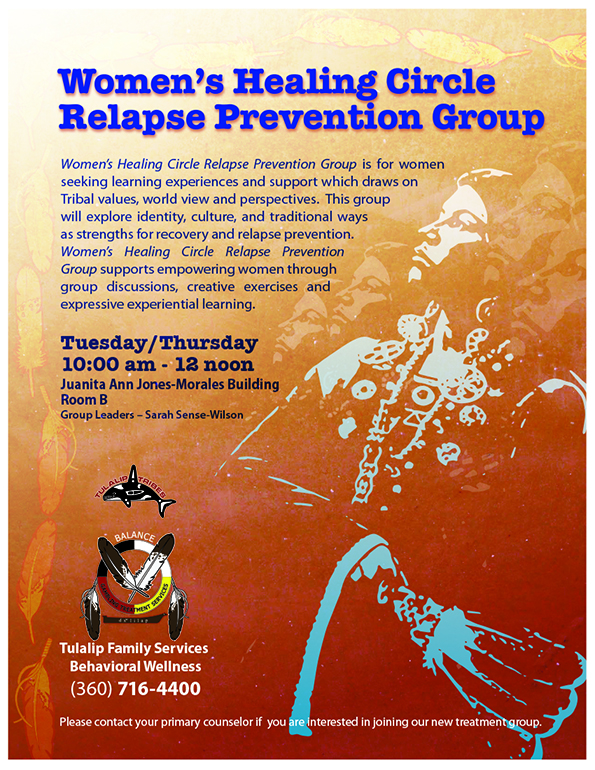By Kalvin Valdillez, Tulalip News
“Every day I ask, what are your goals?” said Sasha Smith, Family Haven Project Coordinator, about her Girls Group. “And one day they asked in return, ‘OMG Sasha why are you always talking about goals?’ And I told them if you don’t have goals, you’re not thinking about your future. Your future can be tomorrow, six months, or a year away so you need to be setting little goals such as graduating or buying your first car while focusing on the bigger picture like your career, buying a house, do you want to get married? Do you want kids?”
Goal setting is just one of many life skills that the Girls Group, created by Tulalip Family Haven, practices every day
Girls Group, located next to the Tulalip Boys and Girls Club, is a year-round program designed specifically for Native American teen girls, ages 14-17, from the Tulalip Community. The group meets every week, Tuesday through Thursday, is free to join and transportation is provided. The group offers the girls a safe place to learn life skills, discuss important topics, and just be themselves. Not only that, Girls Group also gives them the necessary tools and resources for every situation the girls may face during those trying adolescent years.
Based on June LeMarr’s curriculum created for Native youth, Canoe Journey, Life’s Journey, Girls Group is customized for the girls in the program. Life skills are practiced daily and allow the girls the opportunity to learn a variety of new efficient techniques for cooking, budgeting, and being active in the community, transforming them into healthy successful leaders of tomorrow.
Who Am I? is a section at the beginning of LeMarr’s curriculum that covers the important topic of cultural awareness. This lesson reminds the girls of the history and values of Native Peoples. The group frequents culturally rich places around the community visiting elders, collecting trash from the beaches, and touring the Hibulb Cultural Center.
“Most of the girls hadn’t visited the museum yet, so it allowed us to revisit our history and to also talk about who we are as natives, women, and as a society in general,” stated Sasha.
Other life skills that Girls Group practices is the art of communication and the importance of your emotions. Effective communication equips the girls with skills in listening, expressing yourself and coping with negative moods. This skill teaches the girls how to overcome obstacles in relationships at school, work, and home in a positive way.
It was when studying communication that a group of girls, who weren’t particularly fond of each other, began to work on a problem solving poster board together. The poster board required the girls to work as a group and come up with alternatives to fighting, consequently teaching the girls about conflict resolution. Sasha states the girls expressed real life situations and feelings they were going through and the project resulted in the biggest lesson Girls Group has to offer, the importance of friendship.
“In the beginning we had booklets and PowerPoints, the girls weren’t really into it because it was like they were leaving school to come to school,” Sasha said in regards to the first year of Girls Group.
Eventually working out the kinks, Girls Group hit a stride and has been running smoothly ever since. By customizing the curriculum Sasha has attracted more girls to the program. The most noticeable and notable change being paperwork is no longer a requirement. Instead Sasha creates handouts daily and has open discussions with the girls, allowing them to speak honestly with a group that they feel safe talking to. This subtle change made it possible for the girls to build and experience trust with each other.
With the girls’ best interests at hand, the group helps its participants with both job and college prep. Sasha, having previous experience in the employment department, teaches the girls what to expect during an interview and why picking the right outfit is crucial to the interview process.
The group helps young native women create their own paths by offering them the opportunity to discover who they are through fun and inspiring activities. Arts and crafts, Pokémon Go, and outdoor field trips are a few of the many activities Girls Group has to offer.
Once a month the Girls Group hosts a family night, and the girls are encouraged to bring their families as well as their friends to show them projects they have been working on and share the memories created while at the program.
Other than countless activities the group has to offer, the program gives the girls the opportunity to travel to attend conferences. This past February two girls from the program had the opportunity to travel to Washington D.C. to attend the Community Anti-Drug Coalitions of America’s Annual National Leadership Forum and Prevention Days, where attendees learned how to actively decrease the drug and alcohol usage within their communities. Another conference the group recently attended was an All Native Women Conference held in Chehalis.
Members of the Girls Group were also in attendance at Tulalip’s Annual Wellness Conference, where the youth of the community learned about native activism. “After that conference we were able to talk about activism, being a woman today versus ten to thirty years ago, and not depending on significant others to take care of you. It’s important for them to know they can succeed on their own,” stated Sasha.
One of the greatest things Sasha loves about her job is watching the process of evolution the girls go through. Most girls begin the program quiet and reserved until they become comfortable and start to come out of their shells.
The program consists of about twenty girls throughout the year, however, around half of the girls are involved in extracurricular activities such as sports and attend Girls Group whenever they have the opportunity to join in on the fun. As for the other ten girls, Sasha states they are present and ready to participate every night that Girls Group meets.
“The girls who aren’t interested sports, this is their team. They come here to learn, grow, and laugh with each other and they are still able to create that really close bond with each other.”
Topics that young girls in today’s society need to be aware of and know how to respond to when in particular situations such as bullying, depression, sexual harassment, domestic violence, and drug and alcohol abuse are discussed throughout the year.
Heading in the right direction, Girls Group is becoming a beloved program and is giving the Youth Center and the Boys and Girls Club some friendly competition. Although all three offer amazing programs, Girls Group provides a little something special with its customized curriculum, and the bond the girls created with the Family Haven team members is incredible.
Sasha reflected on the evolution of Girls Group stating, “I remember it used to be like pulling teeth. ‘Come on girls, you should come to group today we are doing this.’ And now three years into the program I get texts hours before group begins asking where I am, if I am still picking them up, and what are we doing today? Girls Group has come a long way. I remember it feeling like it was just a job, but now I love waking up in the morning to come to work to make a difference for these girls. This is for them; this is their home away from home.”
Contact Kalvin Valdillen at kvaldillez@tulaliptribes-nsn.gov

